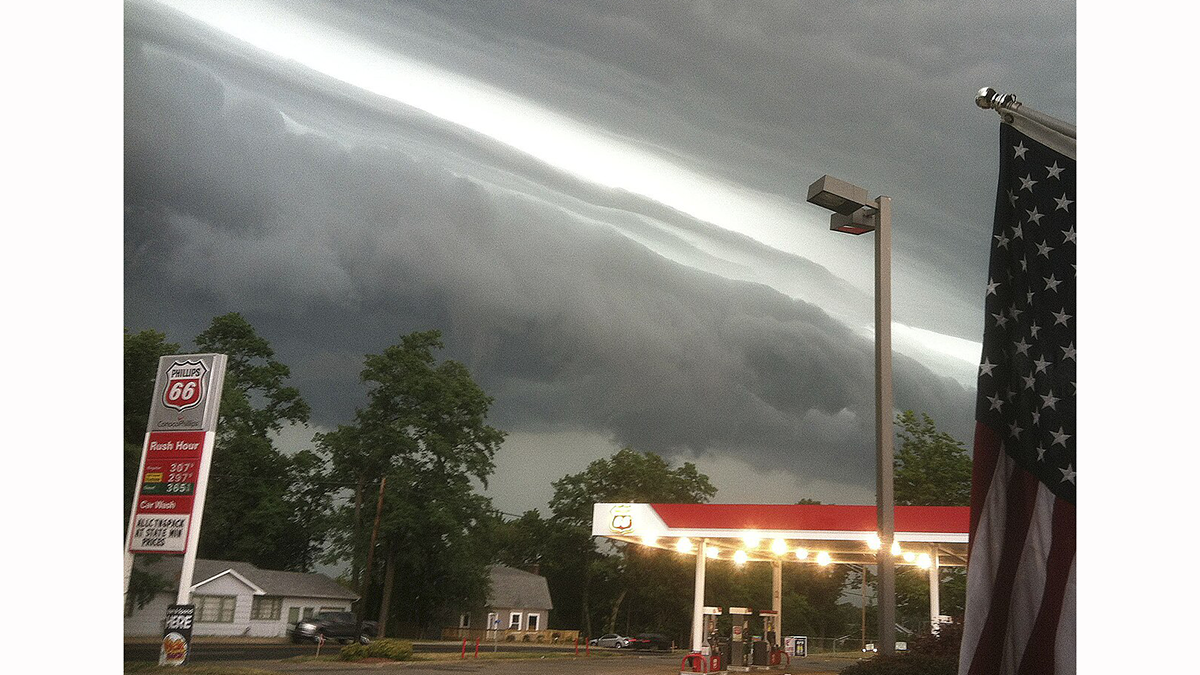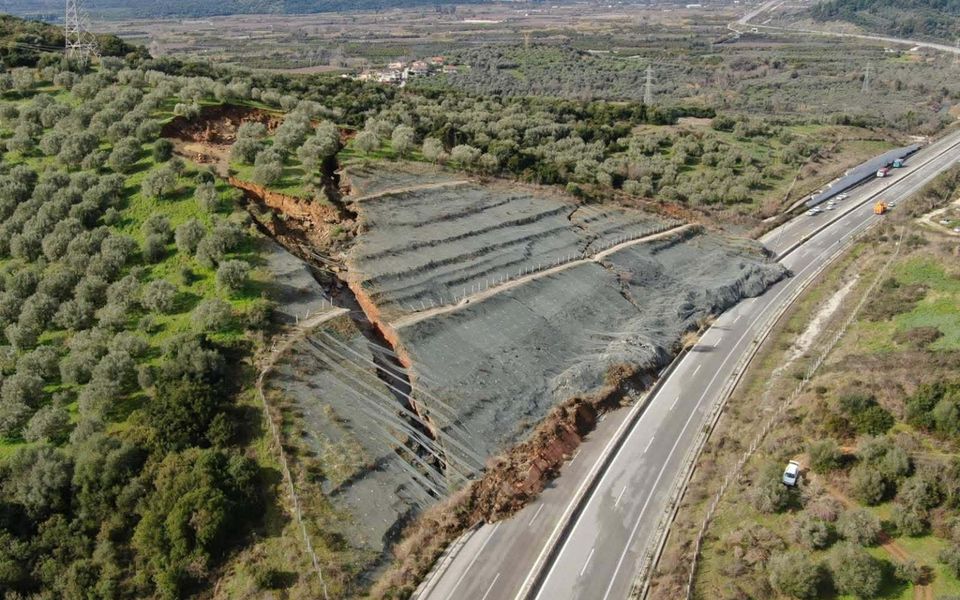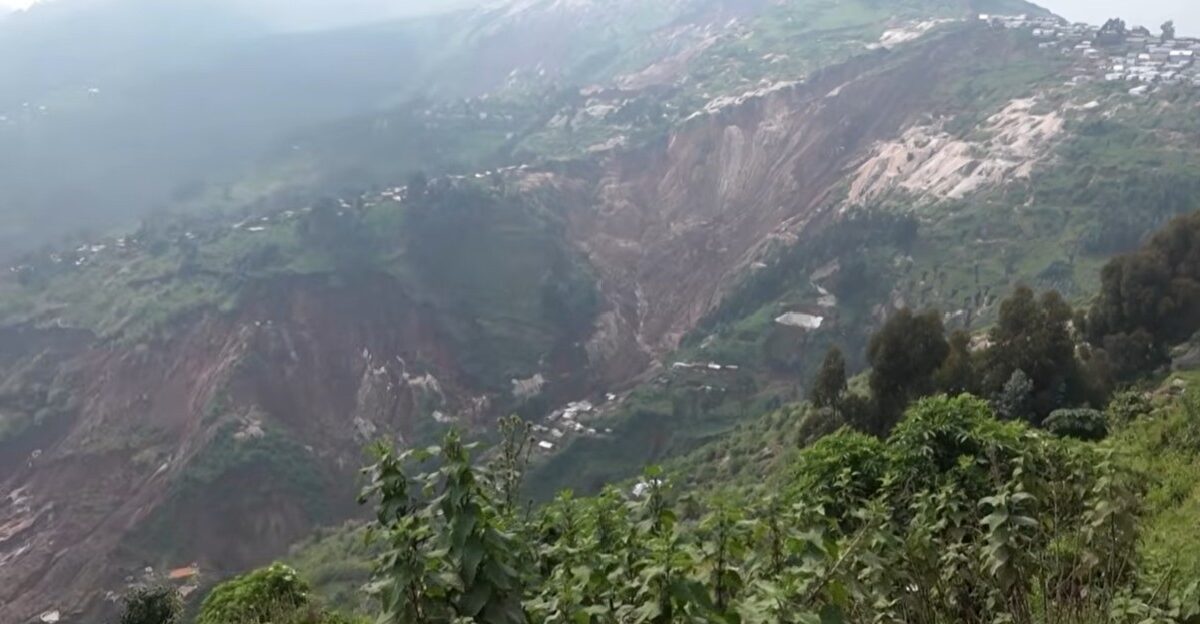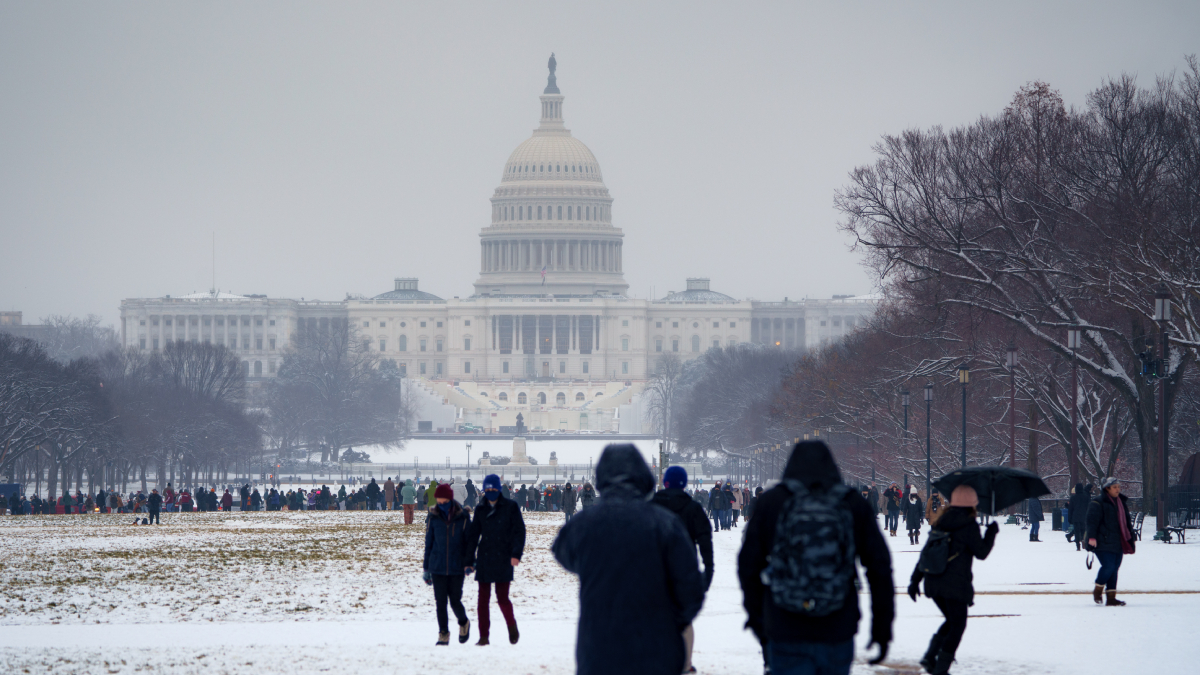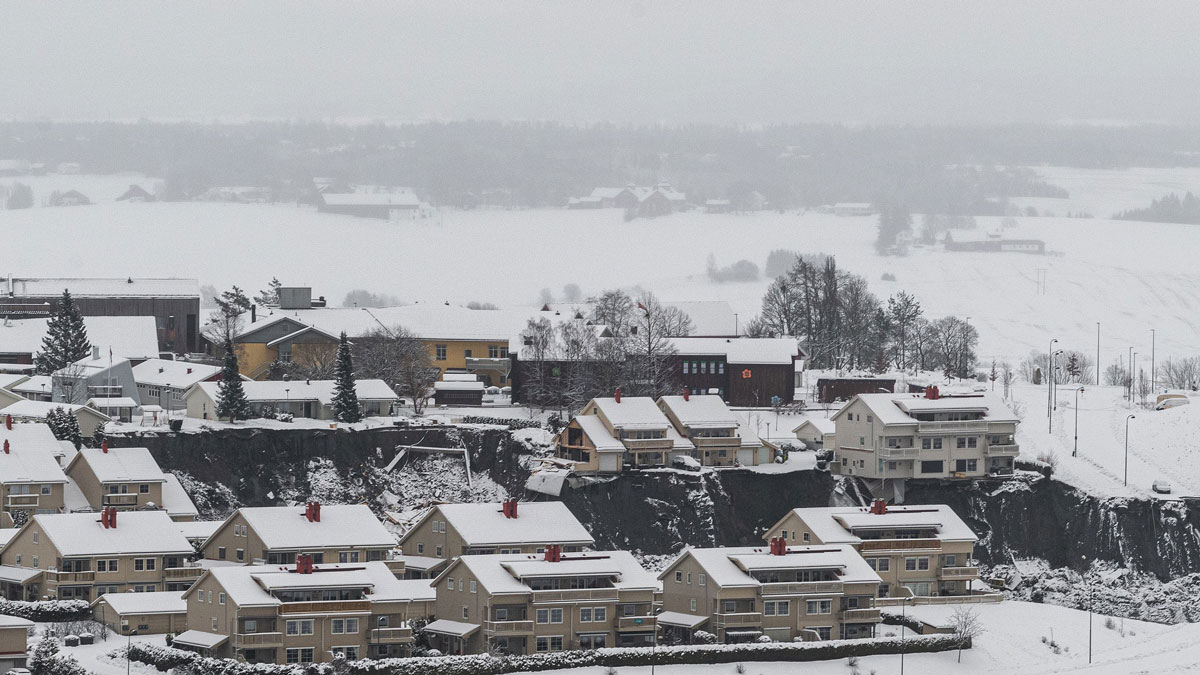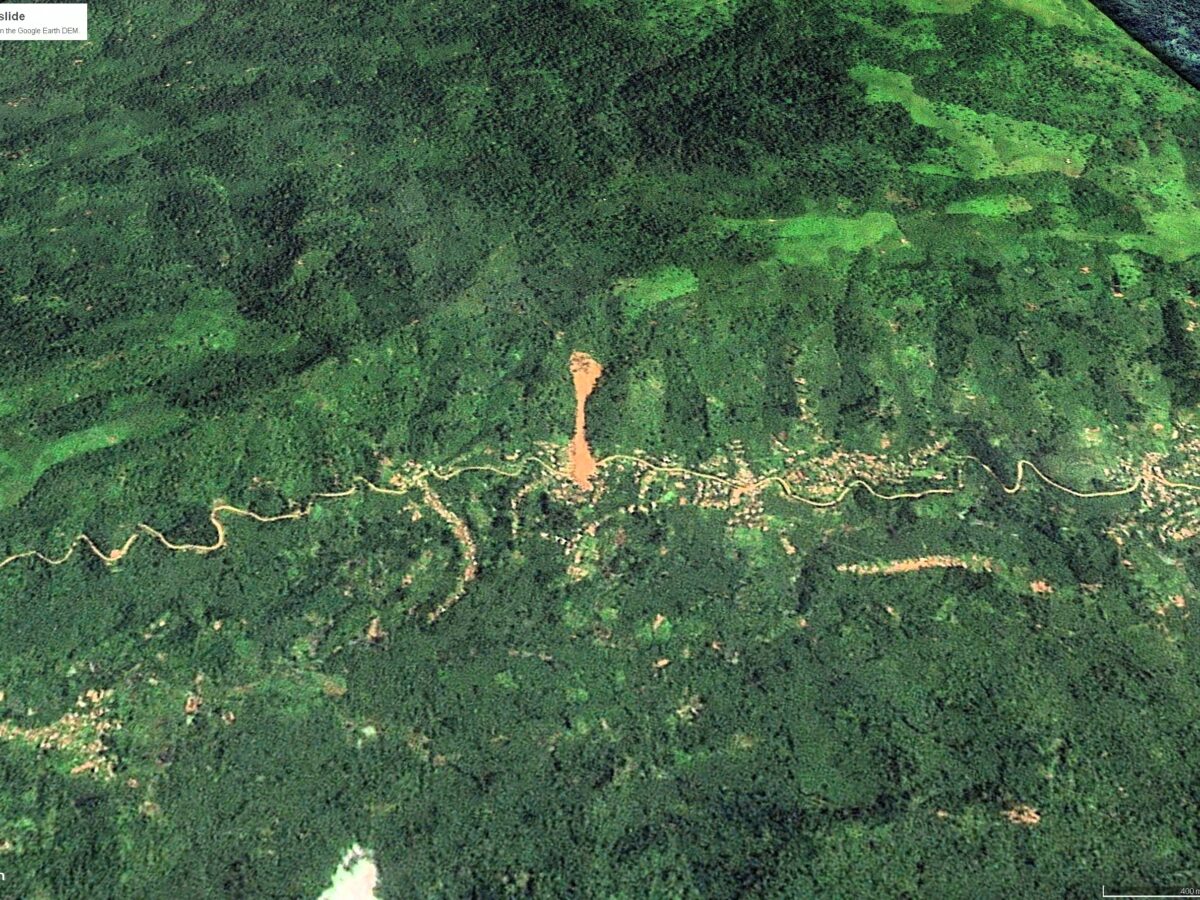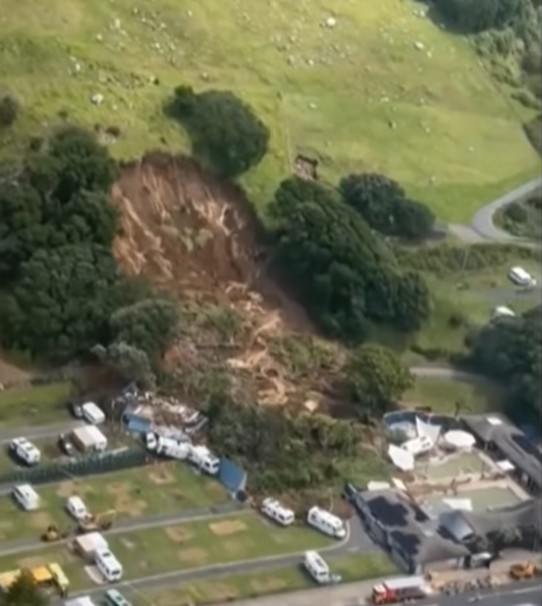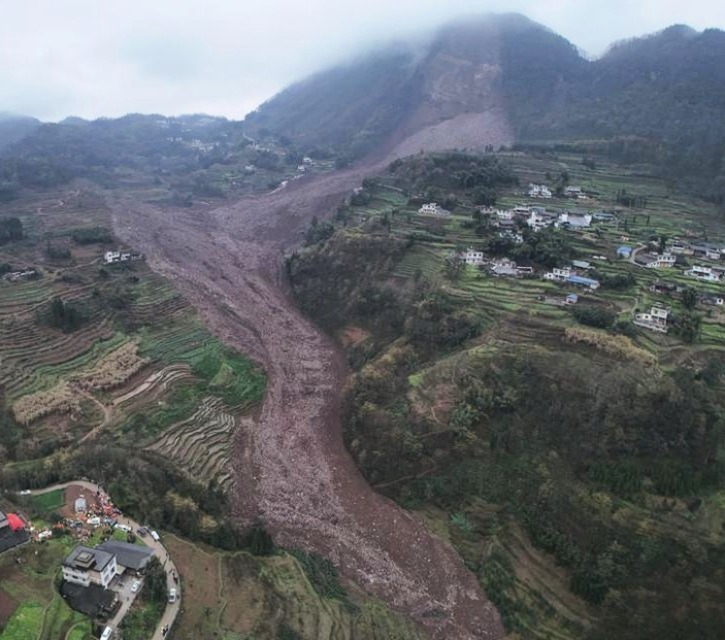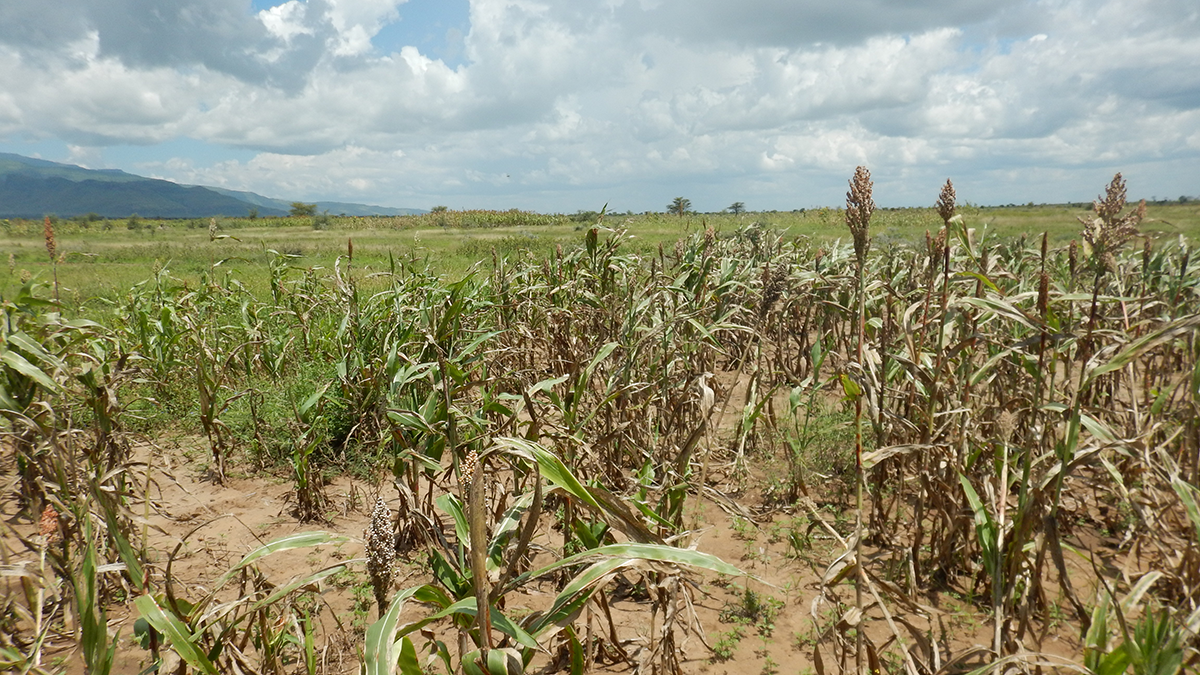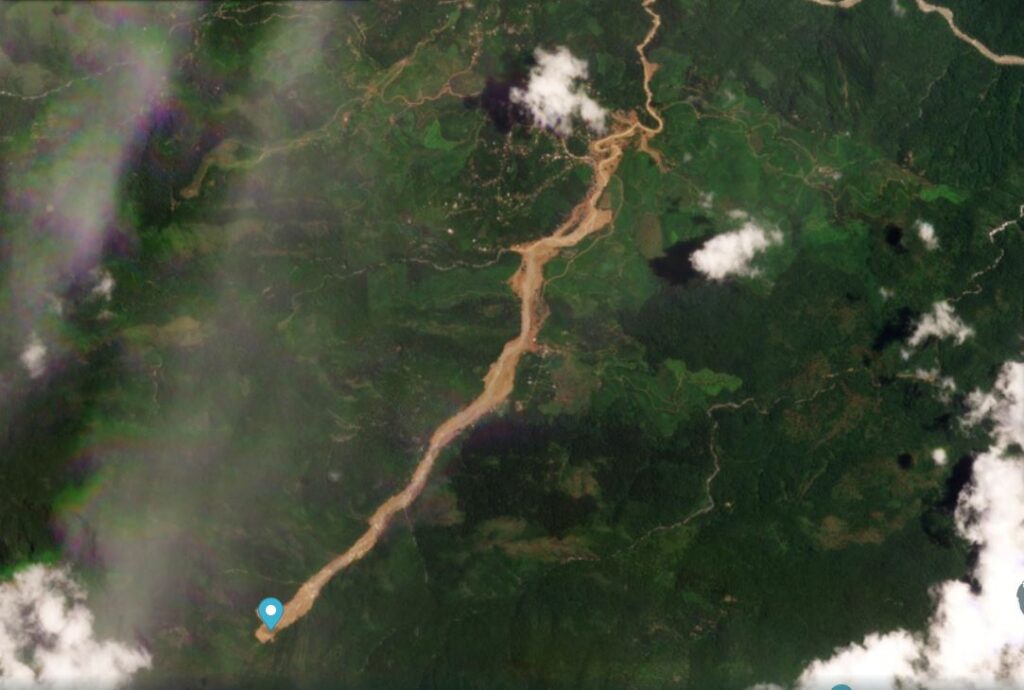Not all tsunamis come from the seafloor, some are triggered by the atmosphere, driven by fast-moving storms and pressure waves, and can strike coasts with little warning.
Hazards & Disasters
The 2 February 2026 landslide on the Ionian motorway between Arta and Amfilochia
An unusual failure has occurred on a cut slope adjacent to a key road in Greece. On 2 February 2026 a major, fascinating landslide occurred on the A5 Ionian motorway between Arta and Amfilochia in Greece. The location appears to be [39.07754, 21.09861]. The news site ekathimerini has a story providing the details, which includes […]
The 28 January 2026 landslide at the Rubaya coltan mine complex in the Democratic Republic of Congo
The Landslide Blog is written by Dave Petley, who is widely recognized as a world leader in the study and management of landslides. Whilst I was skiing in the French Alps last week, there were a couple of significant landslides. The highest profile event was the vast and intriguing landslide at Niscemi in Sicily (located […]
Partial Shutdown Over DHS Funding Ensnares Education, Health
The U.S. government entered a partial shutdown Saturday at 12:01 Eastern after the Senate failed to resolve a showdown over funding for DHS and restrictions on ICE.
Insights for Making Quick Clay Landslides Less Quick
In a quick clay landslide, solid soil liquefies suddenly, sometimes washing over entire towns. New modeling examines what kinds of salts could help stabilize these clays.
Planet Labs image of the 13 January 2026 landslide at Burutsi village, in the Democratic Republic of Congo
A new satellite image confirms that over 15 houses were buried in a landslide that took the lives of almost 30 people. Back on 15 January, I wrote about the 3 January 2026 landslide at Burutsi village, in the Democratic Republic of Congo. This landslide killed 28 people and injured 20 more. This is a […]
Early news about the 22 January 2026 landslide at Mount Maunganui in New Zealand
Eight people have been killed or are missing in two landslides triggered by heavy rainfall in New Zealand Substantial parts of New Zeealand have been suffering extreme rainfall – yet again – causing floods and landslides. The most serious event to date occurred at a camp site at Mount Maunganui on the Bay of Plenty in […]
The underlying causes of the 8 February 2025 Junlian rock avalanche in Sichuan Province, China
A new paper (Jia et al. 2026) has found that the 8 February 2025 Junlian rock avalanche was caused by progressive weakening of the rock mass through wetting and drying cycles. On 8 February 2025, the major Junlian rock avalanche landslide occurred at Jinping Village in Sichuan Province, China. A paper (Jia et al. 2026) […]
How Satellite Data Helped Avoid Hunger from Drought
Satellites detecting anomalies of the spectral reflectance of crops in Uganda successfully foretold imminent crop failure and automatically triggered timely governmental disaster relief.
The mental health impact of landslide disasters
A new study (Akhila et al. 2025) in the the journal Development in Practice examines the mental health impacts of the 30 July 2024 Wayanad landslides in India. In this blog, I generally provide a commentary on recent landslide events and a review of subsequent studies of landslides. I regularly discuss the impacts on the […]

